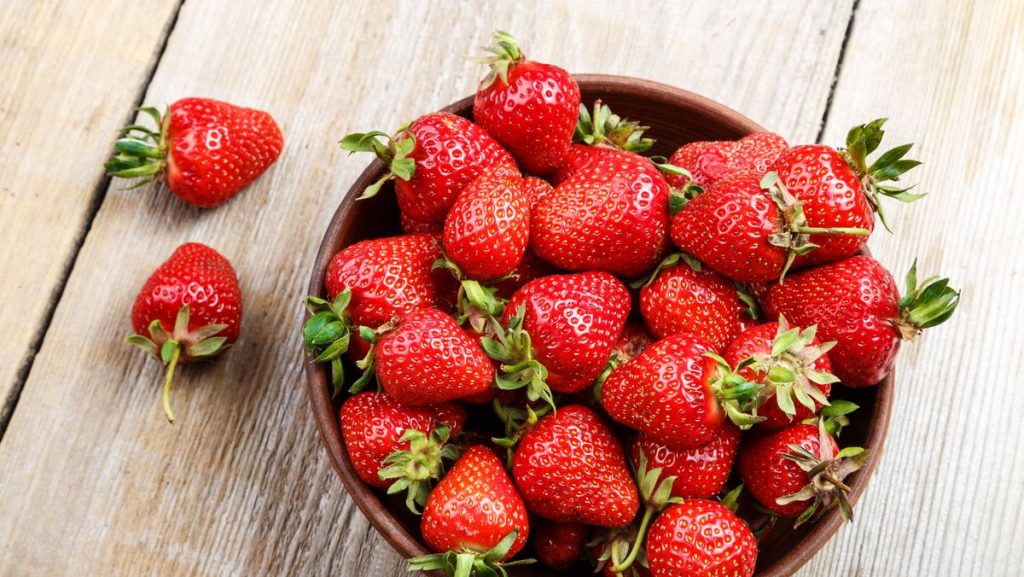Understanding Polyphenols
Nutrition science continually uncovers the myriad benefits of plant compounds in our daily health. Among these, polyphenols supplement have garnered significant attention. Polyphenols are plant chemicals that prevent diseases, reduce inflammation, and improve brain function. They are found in fruits, vegetables, and other plant-based products. Incorporating them into your diet is a simple way to improve your health.
Sources of Polyphenols
Finding sources of polyphenols in our diet is more manageable than it might seem. Nature has conveniently packed these potent compounds into everyday foods. They are abundant in various fruits, including apples, grapes, pears, and berries. Vegetables are just a little behind, with spinach, olives, and artichokes particularly rich in these compounds. Nuts, seeds, and even some whole grains carry a significant polyphenol punch. Rich, aromatic substances like dark chocolate and beverages, including green tea, coffee, and certain varieties of red wine, are not just indulgences but can also be part of a polyphenol-rich diet.
Polyphenols and Heart Health
The heart is one of the most vital organs, and maintaining health is central to our well-being. Evidence is abundant, showing that polyphenols, through their antioxidant and anti-inflammatory effects, actively contribute to maintaining a healthy cardiovascular system. These compounds have been linked to improved blood vessel function, decreased blood pressure, and lowered cholesterol levels, resulting in a significant defensive action against heart diseases. The interventions of polyphenols for heart health are to be considered as they offer a natural approach to improving circulatory health and overall longevity.
Polyphenols in Weight Management
With obesity rates climbing, managing weight is a health priority for many. With their biological activities, polyphenols have become a point of interest for their potential role in weight management. These compounds have demonstrated abilities to enhance metabolic rates and reduce the absorption of dietary fats, positioning themselves as promising aids in the prevention and management of obesity. Incorporating polyphenol-rich foods into a balanced diet could be essential for maintaining a healthy weight and preventing related health issues.
Antioxidant Properties of Polyphenols
A signature feature of polyphenols is their antioxidant property, which underlines their importance in health and disease prevention. These compounds effectively neutralize harmful free radicals, which, if unchecked, can lead to oxidative stress – a factor implicated in the development of chronic diseases such as cancer, diabetes, and neurodegenerative disorders. The wide array of polyphenols offers a comprehensive defense against oxidative damage, supporting cellular function and vitality.
Polyphenols and Brain Health
Our brain health is closely intertwined with our lifestyle and dietary choices. Polyphenols can pass through the blood-brain barrier and display neuroprotective effects, which have been linked to the prevention of cognitive decline and diseases like Alzheimer’s. They combat inflammation and oxidative stress in the brain, promoting neuron health and enhancing mental functions such as memory and concentration. As we discover more about the benefits of polyphenols for brain health, these compounds are emerging as powerful allies in maintaining cognitive agility throughout our lives.
Polyphenols and Gut Health
Gut health is vital to overall well-being, affecting everything from our immune system to our mood. Polyphenols contribute hugely to a healthy gut environment. They act as prebiotics, nourishing beneficial gut bacteria, and are pivotal in shaping a resilient gut microbiome. Recognizing their potential in managing gut-related issues and their influence on systemic health underscores their place in a well-rounded nutritional strategy.
Integrating Polyphenols in Your Diet
Integrating polyphenols into your diet is not only beneficial but is also pleasantly easy. The key lies in nutritional diversity and choosing a wide range of colorful fruits and vegetables. Foods such as berries, citrus fruits, nuts, olives, and dark leafy greens are excellent everyday polyphenol sources. Enriching your diet with these polyphenol-rich foods, alongside moderate consumption of beverages like tea and coffee, enhances your health profile and adds to the joy of eating through diverse flavors and textures.
Recent Studies and Findings
Exploring polyphenols’ health benefits is bustling with activity as researchers delve into these compounds’ vast potential. Recent studies highlighted by the National Center for Biotechnology Information continue to bolster our understanding, affirming the importance of polyphenols in preventing chronic diseases and improving health. Additionally, keeping abreast with the latest advancements from resources such as ScienceDaily can grant insights into the ever-expanding knowledge base on polyphenols. Such information empowers us to make informed decisions about including these powerful nutrients in our daily diets.
